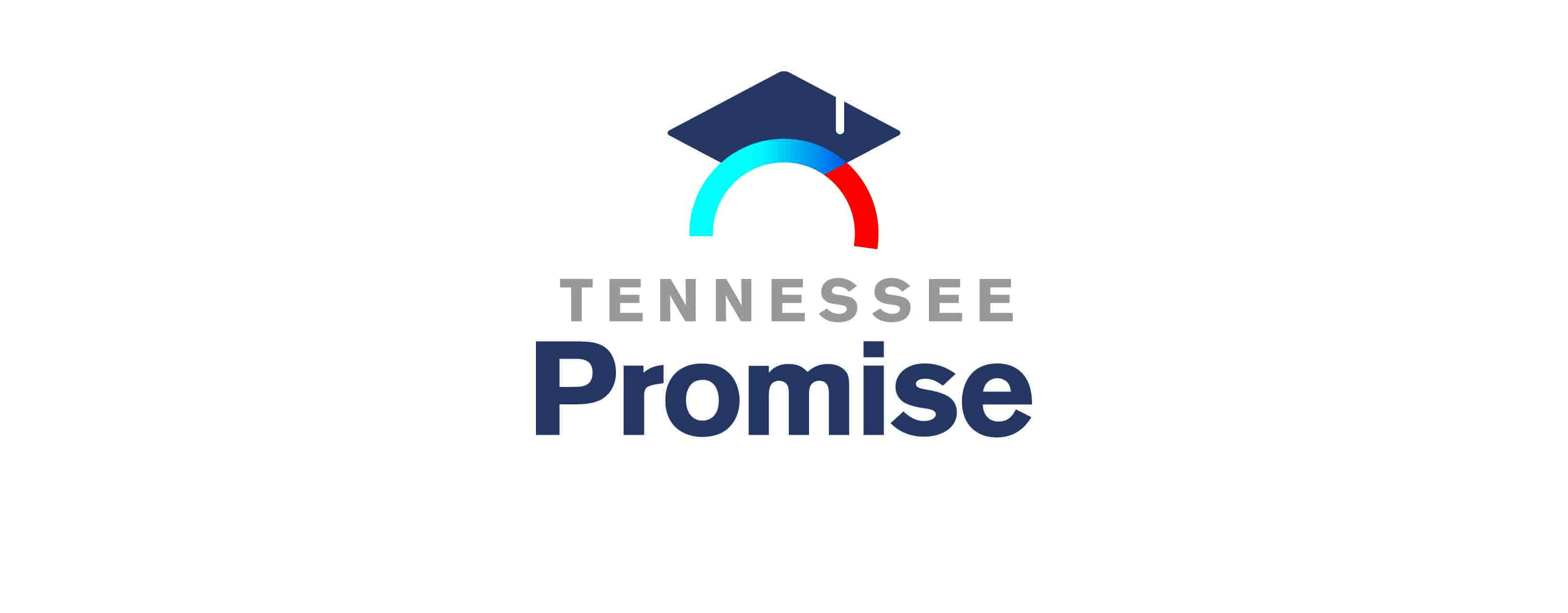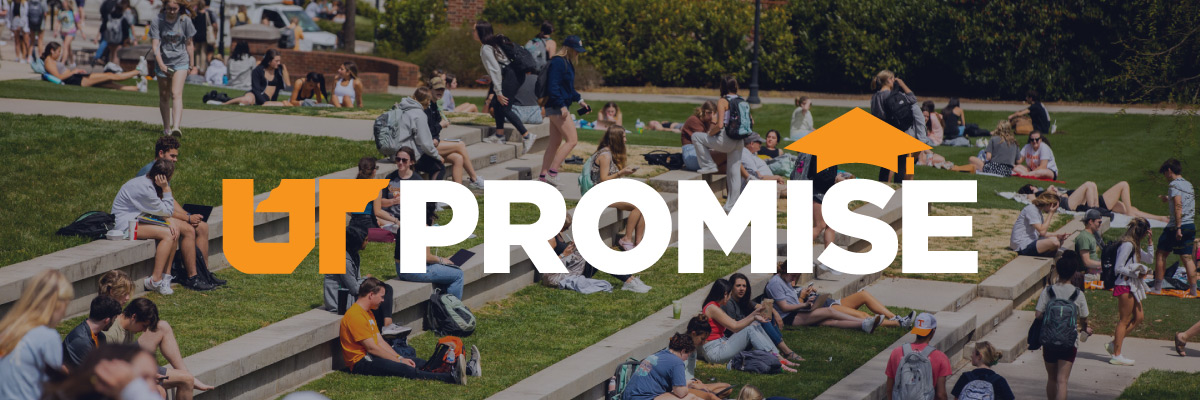Financial Aid Information
Financial Aid Information
Scholarships and Financial Aid Information
Remember to visit the link under For Students for more information!
-
FAFSA- to be eligible for any scholarships or financial aid, parents and students must complete the FAFSA Application.
-
FAFSA- to be eligible for any scholarships or financial aid, parents and students must complete the FAFSA Application. FAFSA is now set to open on December 1,2024

-
Tennessee Promise is both a scholarship and mentoring program focused on increasing the number of students who attend college in our state. It provides students a last-dollar scholarship, meaning the scholarship will cover the cost of tuition and mandatory fees not covered by the Pell grant, the HOPE scholarship, or the Tennessee Student Assistance Award. Students may use the scholarship at any of the state’s 13 community colleges, 24 colleges of applied technology, or other eligible institution offering an associate degree program.
Applicants must complete the Tennessee Promise application by November 1, complete the FAFSA by March 15, attend a mandatory meeting, and complete eight hours of community service each semester to be eligible for the award.
-

TN Promise is one of many scholarships available to high school seniors. Students who apply for the TN Promise scholarship may also be eligible for the UT Promise scholarship! UT Promise is a last-dollar scholarship for students accepted into undergraduate programs at UT Knoxville, Chattanooga, Martin, Memphis (Health Science Center) and Southern (Pulaski). If you have any students interested in attending a UT System institution next fall, please encourage them to complete the UT Promise application by December 15, 2024! For UT Promise eligibility, students must complete the following steps!
- Apply for TN Promise at TNPromise.gov by November 1, 2024.
- Submit a UT Promise application by December 15, 2024.
- Submit an admissions application to the University of Tennessee institution of choice by December 15, 2024.
- Complete the 2025-2026 FAFSA by April 15, 2025 using 2023 tax information.
- Complete the Mandatory TN Promise Meeting requirement.
- Students are required to attend an assigned, in-person mandatory meeting December 2024 – February 2025.
- Submit 8 hours of community service to tnAchieves by July 1, 2025. Students can submit hours completed from November 2, 2024 to July 1, 2025.
- Enroll at a UT institution fall 2025! It is also important that students are in close contact with their institution of choice prior to the start of the fall semester to ensure the admissions and financial aid offices have everything they need to complete their file.
Please note, students must qualify for the HOPE scholarship and have a family household income under $75,000 as determined by FAFSA to receive UT Promise funding. Keep in mind, UT Promise functions separately from TN Promise and can only be used for universities in the UT system. Final eligibility will be determined by the University of Tennessee after the July 1, 2025 community service deadline.
-
FAFSA Information
The FAFSA Simplification Act represents a significant overhaul of the processes and systems used to award federal student aid starting with the 2024–25 award year. This includes the Free Application for Federal Student Aid (FAFSA®) form, need analysis, and many policies and procedures for schools that participate in federal student aid programs.
The law will also affect every state that uses FAFSA data to award state grant aid and every school that participates in the federal student aid programs.
Major changes required by the law include the following:
1. Replacing the Expected Family Contribution (EFC) With the Student Aid Index (SAI)
Starting with the 2024–25 award year, students and families will see a different measure of their ability to pay for college, and they’ll experience a change in the methodology used to determine aid. The new need analysis formula removes the number of family members in college from the calculation, allows a minimum SAI of -1500, and implements separate eligibility determination criteria for Federal Pell Grants.
2. Modifications to Family Definitions in FAFSA® Formulas
Expect changes in how a student’s family size is determined aligning more with what was reported on the student/parents tax returns.
3. Expanding Access to Federal Pell Grants
- The FAFSA Simplification Act will expand the Federal Pell Grant to more students and will link eligibility to family size and the federal poverty level (starting with the 2024–25 award year).
- Incarcerated students in federal and state penal facilities will regain the ability to receive a Federal Pell Grant (starting with the 2023–24 award year).
- Federal Pell Grant lifetime eligibility will be restored to students whose school closed while they were enrolled or if the school is found to have misled the student (starting with the 2023–24 award year).
4. Streamlining the FAFSA® Form
Where possible, the law mandates that we use data received directly from the IRS to calculate Federal Pell Grant eligibility and the SAI. This data exchange has been made possible by the Fostering Undergraduate Talent by Unlocking Resources for Education Act (FUTURE Act), which we’ll implement alongside FAFSA simplification starting with the 2024–25 award year. The FAFSA Simplification Act also removes questions about Selective Service registration and drug convictions. It also adds questions about applicants’ sex, race, and ethnicity, which have no effect on federal student aid eligibility (starting with the 2023–24 award year).